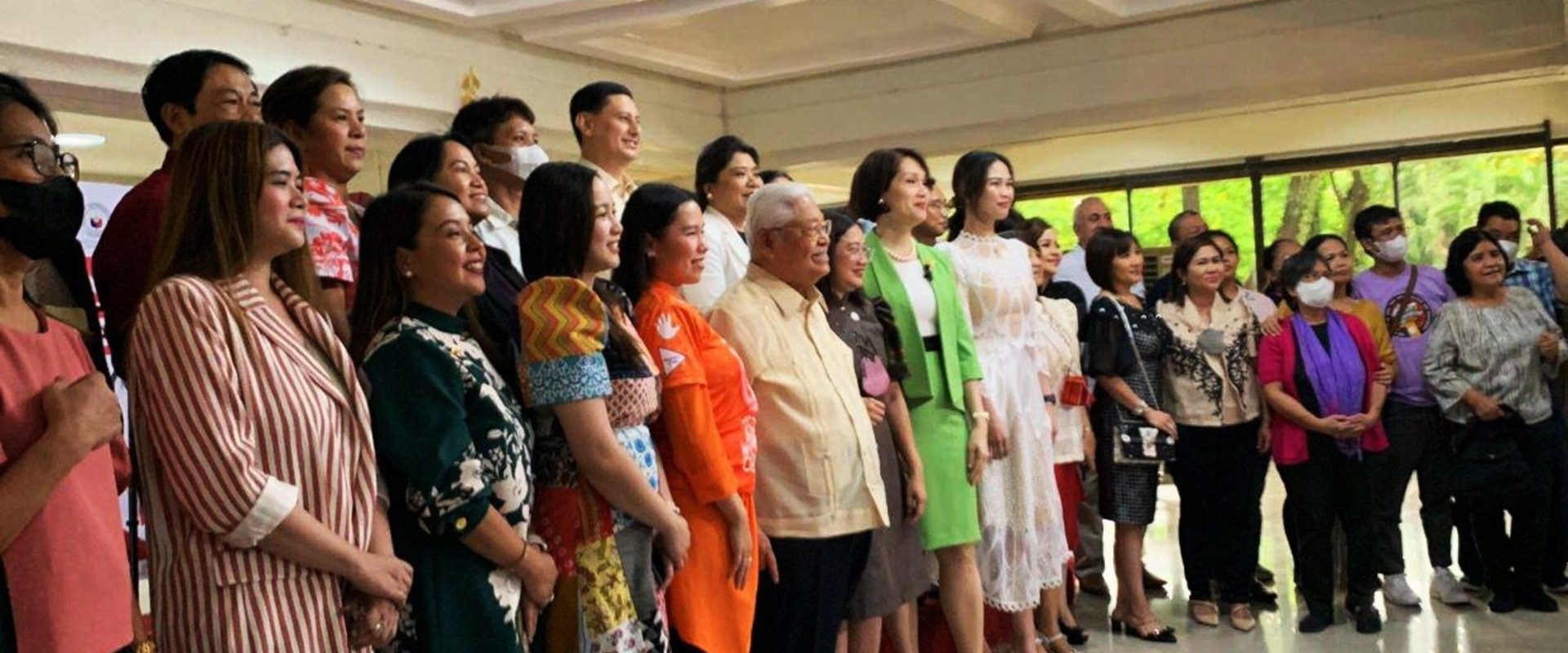Gender-based violence and harassment Philippine unions intensify campaign to ratify C190
 PSI affiliates in the Philippines and Nagkaisa! Labour Alliance pledge to amplify calls for to ratify ILO C190
PSI affiliates in the Philippines and Nagkaisa! Labour Alliance pledge to amplify calls for to ratify ILO C190 Philippine unions are intensifying the campaign to ratify ILO Convention 190. On November 25, 2022, PSI brought together labour groups in a solidarity program to commemorate the International Day to End Violence Against Women and jumpstart the 16-day campaign to ratifiy ILO C190.
- Read this in:
- en

Jane Siwa
PSI vows to end VAW (violence against women), according to PSI South East Asia Subregional Secretary Ian Mariano. “Different forms of gender-based violence and harassment remain prevalent in the world of work. These include sexual assault, insults, humiliation, discrimination among others. Workers in public services are particularly vulnerable to many sorts of violence and harassment due to the nature of their work and poor working environment. Ratifying C190 is step towards addressing gender-based violence and harassment,” Mariano said.
Ian Mariano South East Asia Subregional Secretary

Workers in public services are particularly vulnerable to many sorts of violence and harassment due to the nature of their work and poor working environment.
C190 is an issue for care workers
Violence and harassment are real issues in the health care sector, according to Gretchen Grace Bumanglag, nurse and union official of Capital Medical Hospital Employees Union. “Nurses are always at the receiving end of verbal harassment and bullying from patients, patients’ relatives, and even doctors. There are instances when doctors or patients' relatives would shout or throw objects at us. These experiences are very humiliating and demoralising. Combined with constant pressure due to high work load, verbal insult and abuse become too much to bear for health workers that some end up resigning from work,” Bumanglag shared.
Poor nurse to patient ratio is partly to blame for the violence and harassment health workers usually deal with. “Ideally, nurse to patient ratio is 1:8 but it is currently 1:10. This includes all types of patients, even those who are in ICUs that require more attention. At times it becomes very challenging for nurses to immediately address the needs of patients, and this leads to frustration on the part of the relatives or patients themselves,” Bumanglag added.
Violence and harassment in the care sector is also gendered. “It is an issue for women. Nurses and health workers are dominantly women so in a way, we are more susceptible to violence and harassment. In addition, there are still situations wherein male nurses tend to boss women nurses around. Thus, we are hoping that our calls to ratify C190 will be heard. It will really help health workers, especially women to feel somewhat safer and secure,” Bumanglag averred.

For nurses like Gretchen Bumanglag (woman in raised fist), ratifying ILO C190 can help make hospitals a safer and more secure workplace especially for women health workers
Building alliances for a stronger campaign
Trade unions groups in the Philippines have made some headway in the campaign with increasing support for C190 ratification from academics and law makers themselves.
Melissa Serrano, Professor at the School of Labour and Industrial Relations in the University of the Philippines, echoed trade unions’ demands for C190 ratification as online gender-based violence and harassment rose by 165% in the country according to the Foundation for Media Alternatives. “Gender-based violence and harassment undermines the health, dignity, security, and autonomy of victims. GBV is oppressive and unjust. It violates human rights. It is anti-democratic and anti-development. It is about time that we end violence and harassment in the world of work. It is time to ratify C190,” Serrano said in the speech during the program.

Philippine legislators show support to trade unions' campaign to ratify ILO C190
Philippine law makers and trade unions have also joined hands in the campaign to ratify ILO C190. On November 28, several Filipino legislators, together with various trade unions, launched the ‘Parliamentarians and Advocates to Ratify C190’ at the House of Representatives.
“PSI is committed in campaigning the ratification of C190 not only in the Philippines but in every country in the world. We are optimistic that with sustained efforts and broader unity, workers shall succeed in this campaign,” Mariano said.